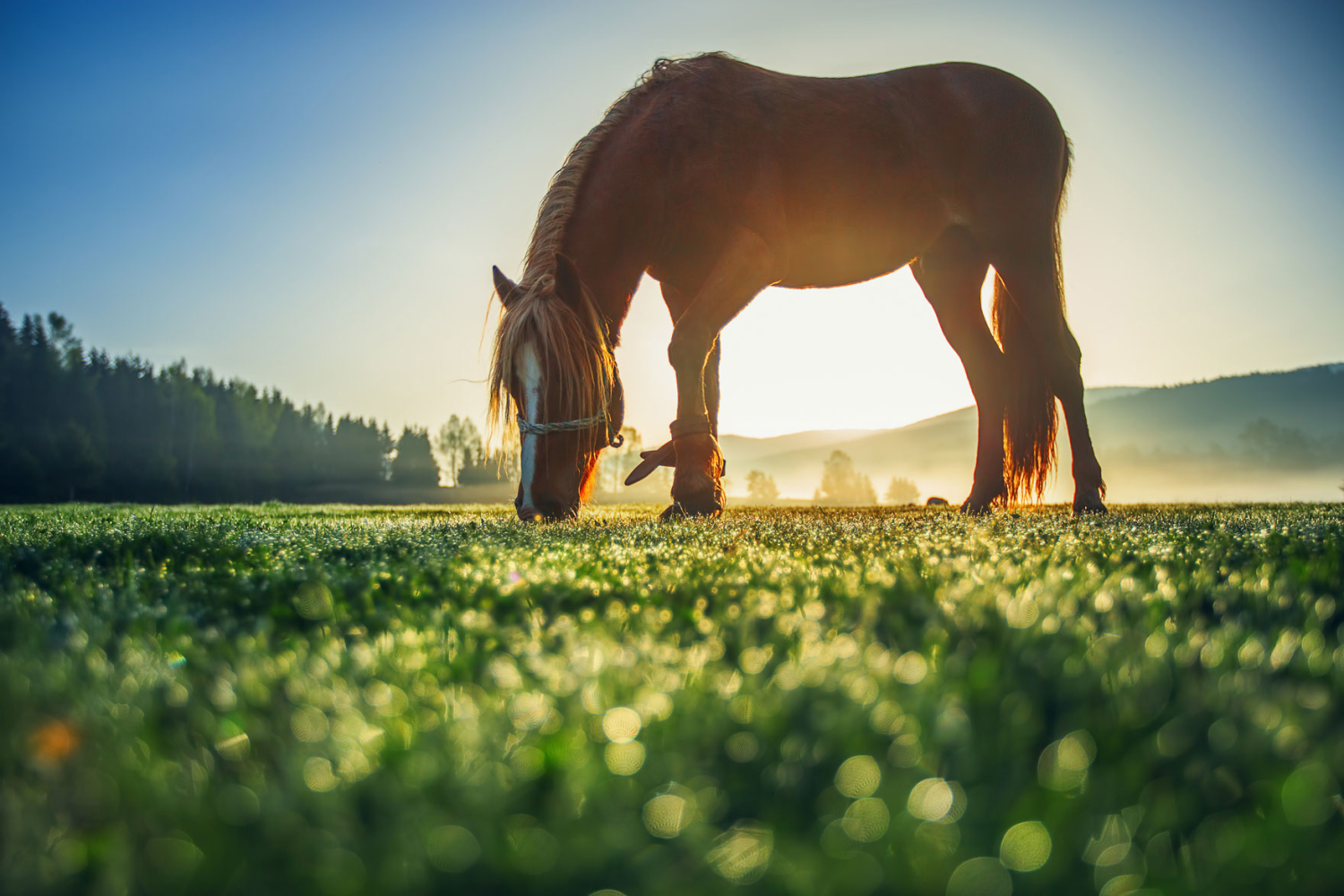Uncategorized
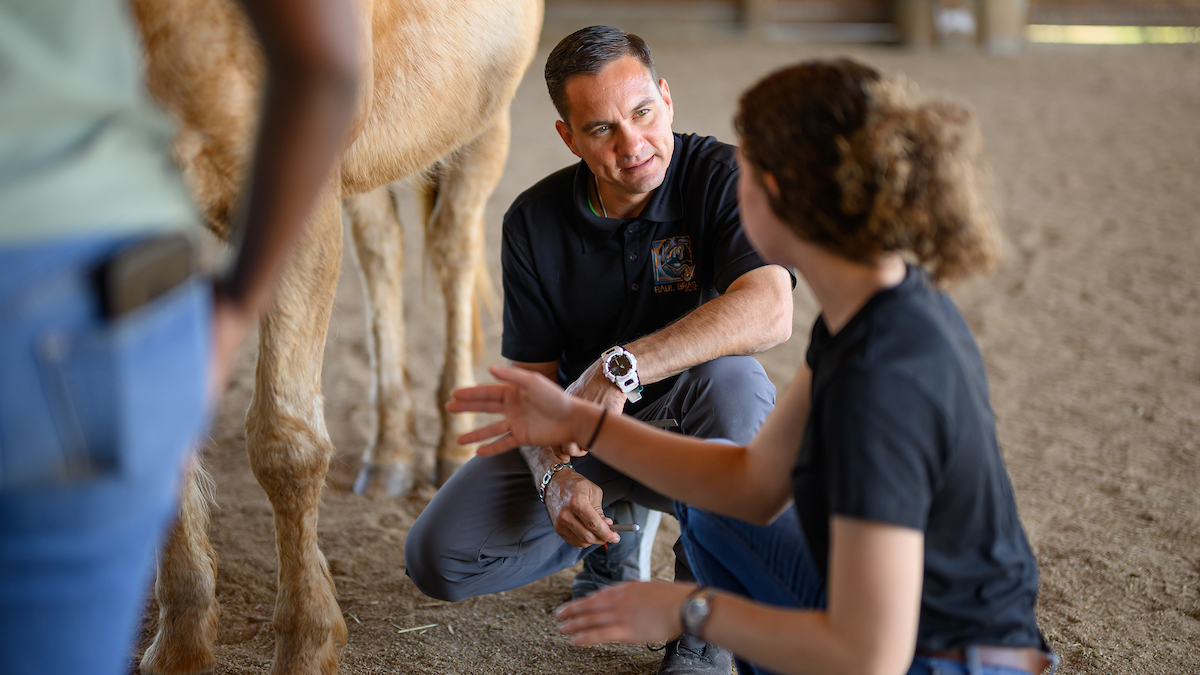
Hoofin’ It: NC State Students Get World’s Finest Farrier Expertise
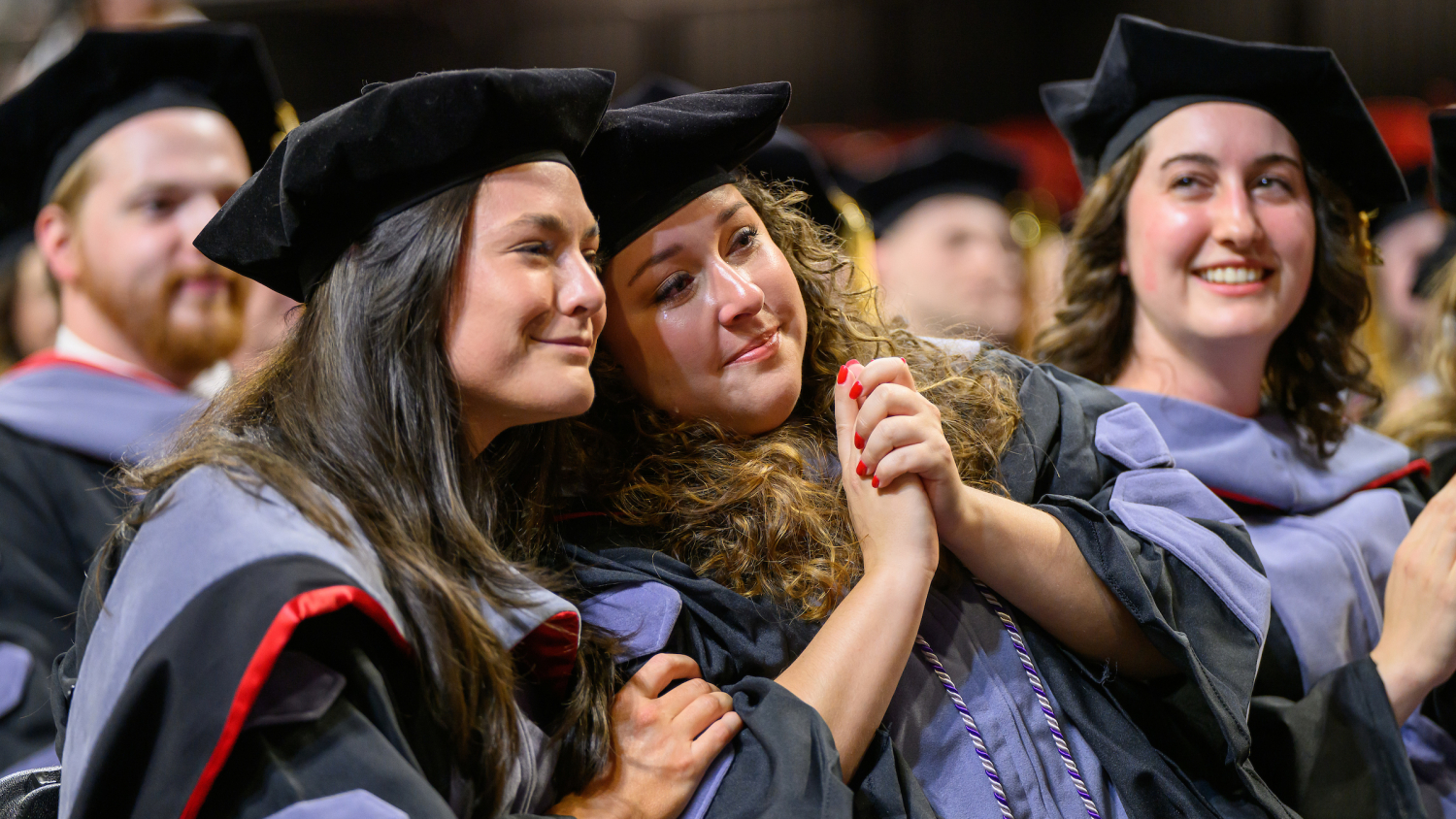
‘It’s the People Who Make It’ for the College of Veterinary Medicine’s Class of 2024
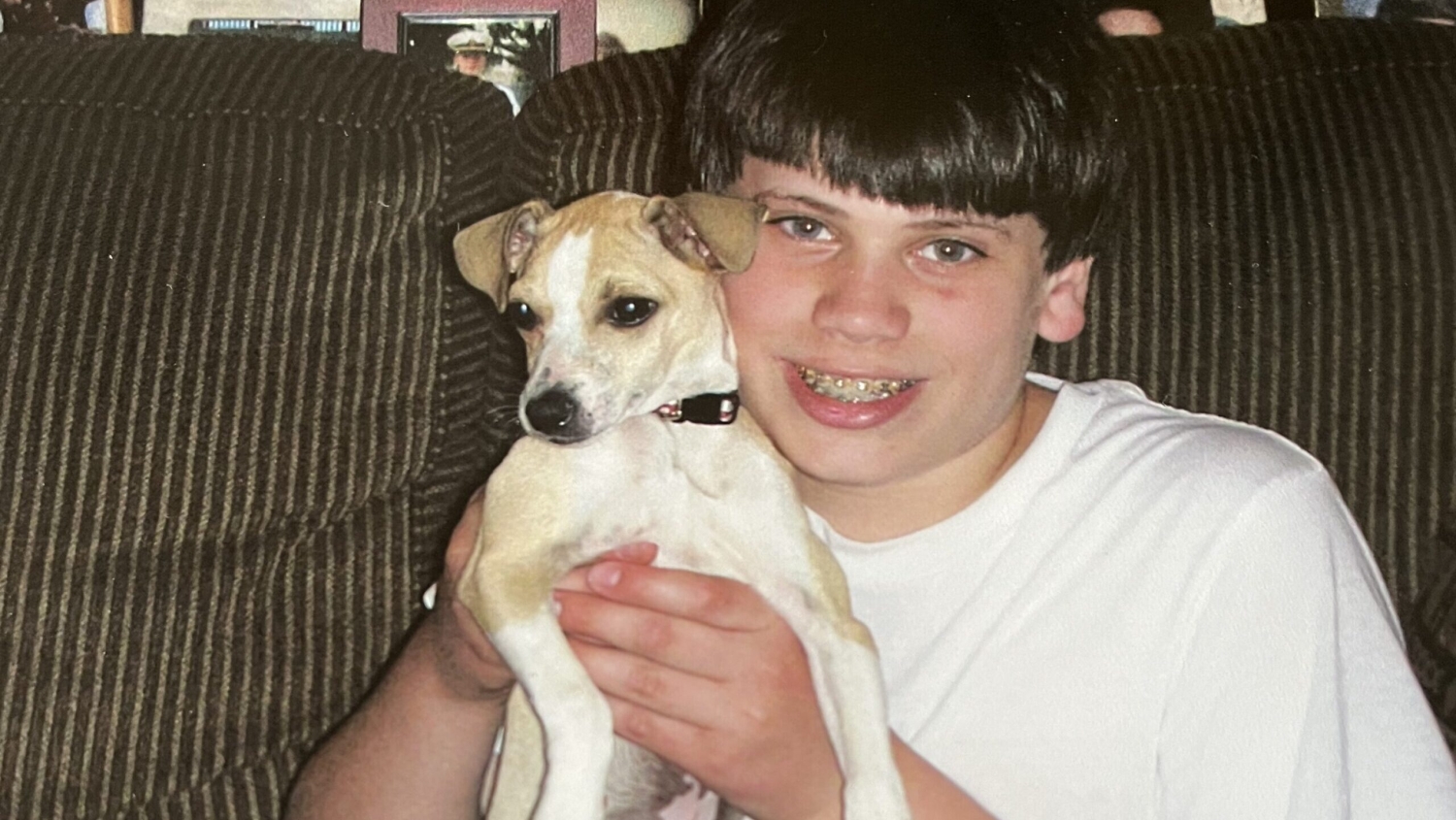
Class of 2024: Yes, You Should Get a Pet in Vet School
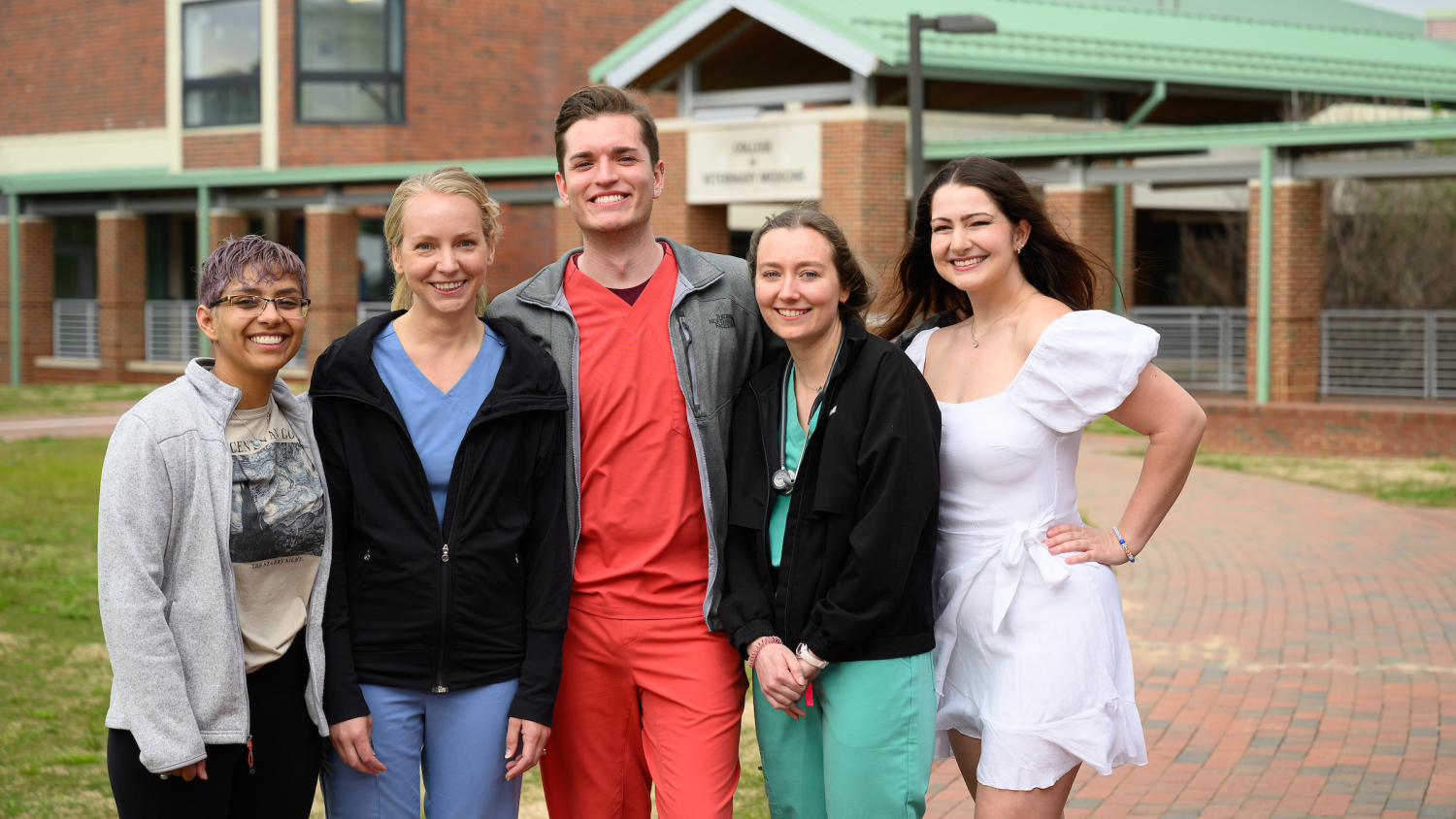
Classmates for 4 Years, ‘Colleagues for Life’: NC State Pathology Class of 2024 Students Celebrate Residency Placements

Class of 2024: Always Asking Why Leads to a Destiny in Disease Research

Class of 2024: A Father-Daughter Graduation Celebration Honors a Goal Three Decades in the Making
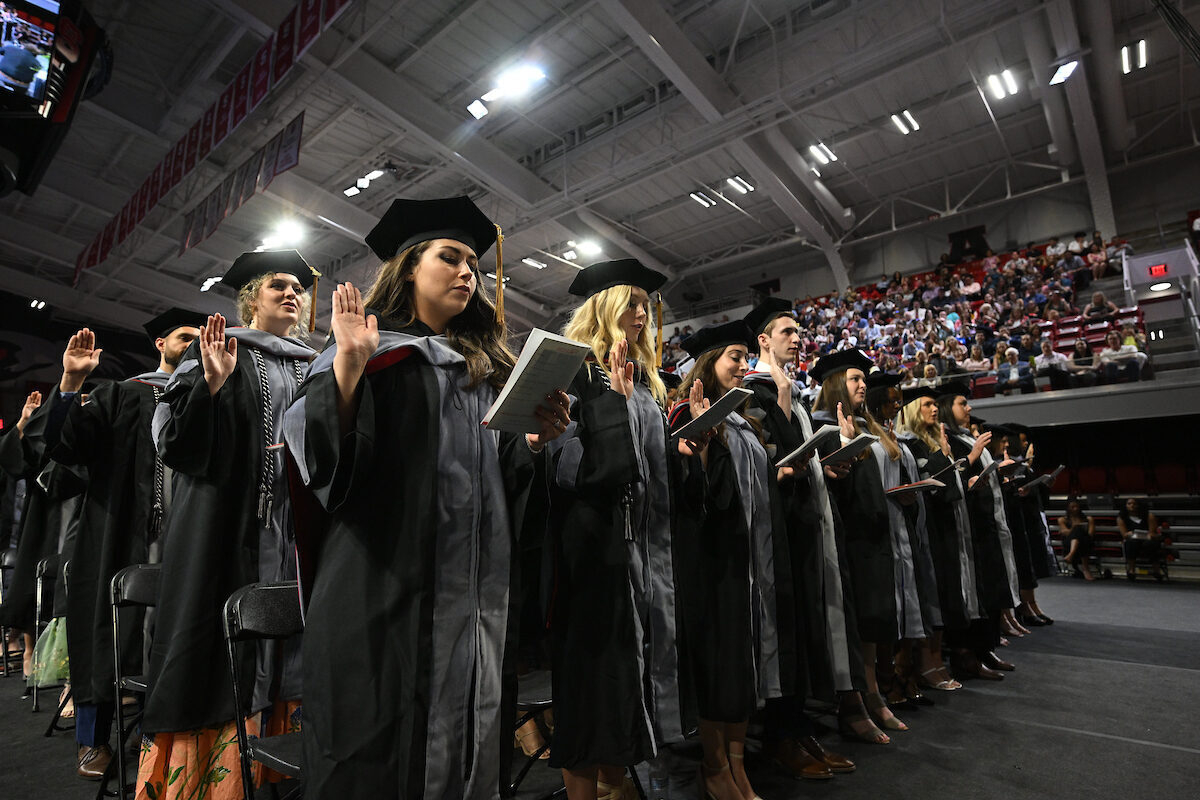
NC State Oath and Hooding Set for May 3

Research Roundup NC State Veterinary Medicine, April 2024
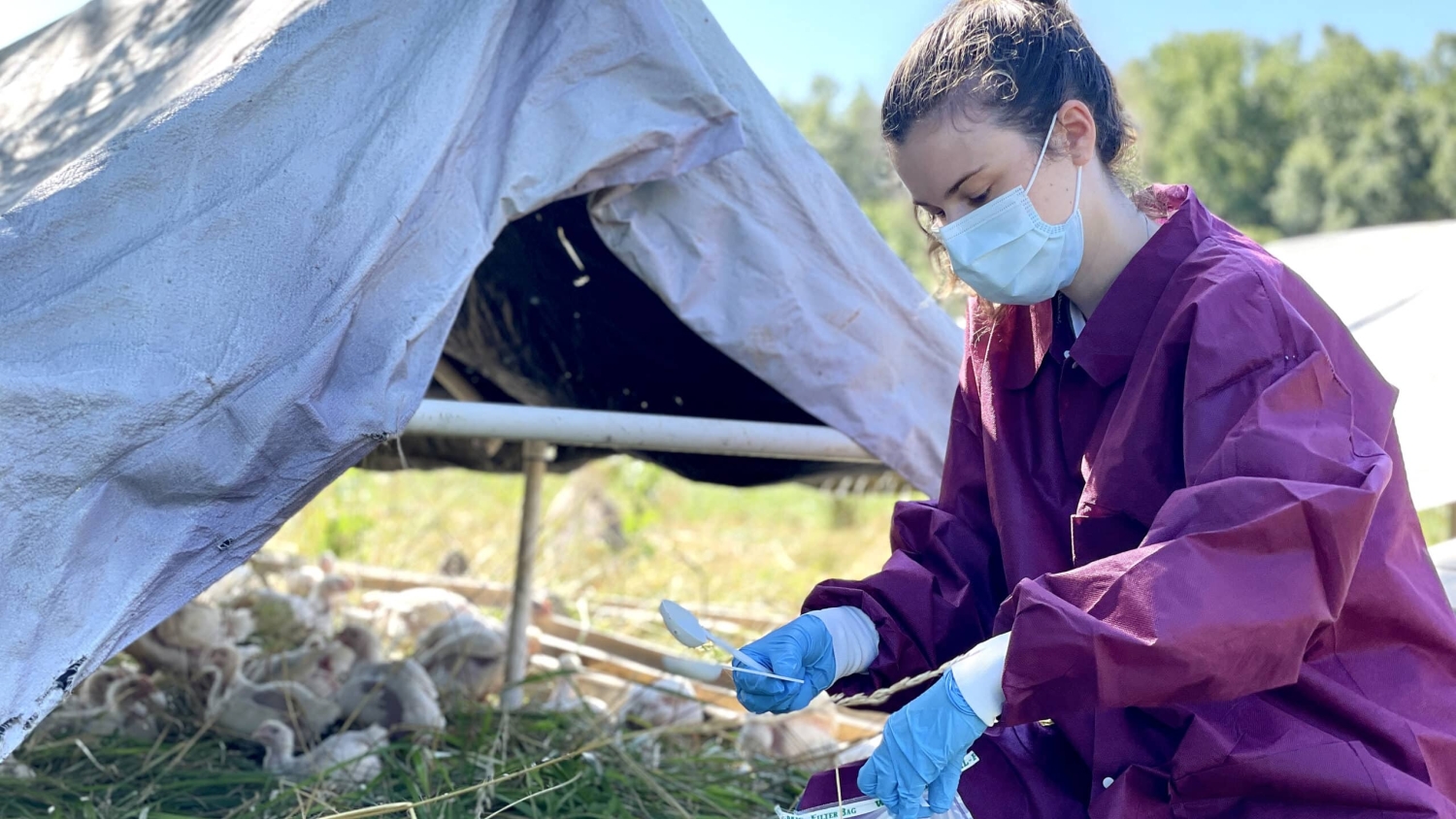
Study Compares Salmonella Rates in Backyard, Commercial Poultry Farm Samples
